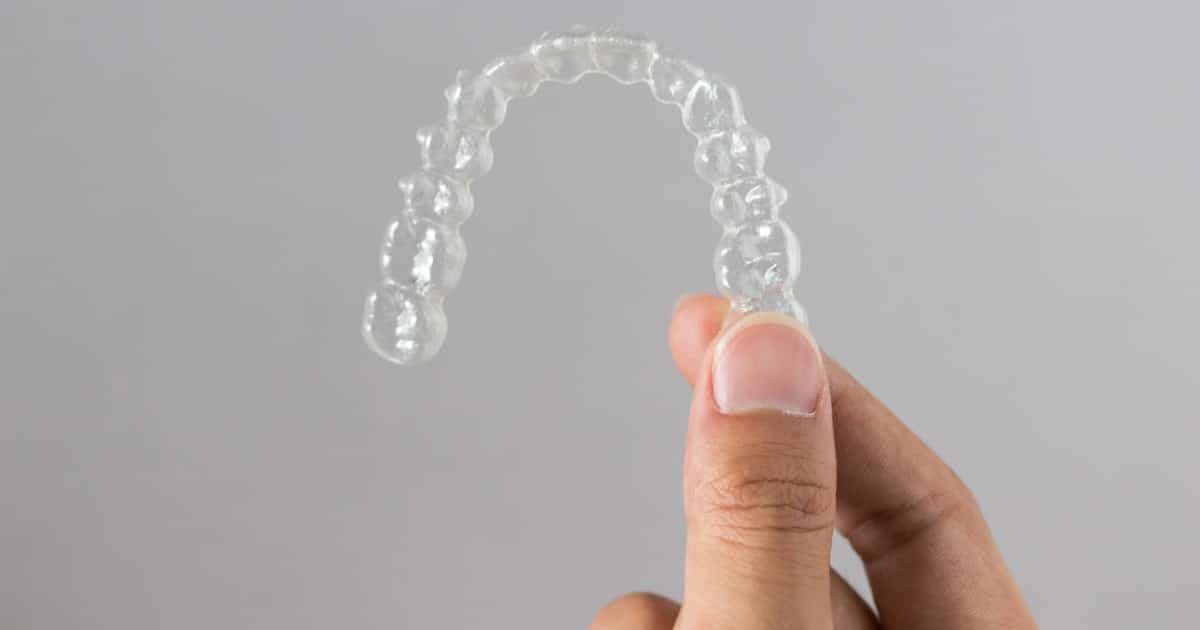The online orthodontics company SmileDirectClub must remove certain conditions from its refund policy for U.S. customers and release more than 17,000 customers nationwide from those provisions in the company’s nondisclosure agreements as a result of a lawsuit settled last week.
The lawsuit, filed in December 2022 by the Office of the Attorney General for the District of Columbia, alleged that SmileDirectClub engaged in deceptive and unfair business practices, including unlawfully using nondisclosure agreements “to silence consumers, manipulate online reviews, and hide information about the safety and effectiveness of its products from the public and government regulators.”
According to the OAG’s lawsuit, SmileDirectClub required consumers to sign nondisclosure agreements to receive a refund after more than 30 days of using its clear aligners, which are shipped through the mail and do not require in-office visits for impressions, fittings and check-ups.
The OAG’s lawsuit alleged that provisions in the nondisclosure agreements prevented consumers from publishing critical reviews of the company’s aligner products online, including on social media, publicly sharing their experience with SmileDirectClub products or services and reporting problems to local, state and federal regulators.
The OAG also alleged that individuals who violated the terms of agreement could face penalties or lawsuits by SDC and, at minimum, be required to remove any public reviews.
“The NDAs used by SmileDirectClub effectively prevented dissatisfied and harmed consumers—including consumers who suffered injuries or permanent harm that required medical treatment—from publicly sharing their experiences,” the OAG news release states.
Customers who express dissatisfaction with SDC’s aligners cannot be denied refunds
Although the lawsuit was filed in the District of Columbia, the terms of the settlement apply to SmileDirectClub’s future practices and agreements with customers throughout the U.S.
The terms of the settlement require SmileDirectClub to honor its “Lifetime Smile Guarantee” as long as the guarantee remains in place and to:
- Provide a full refund to customers in the U.S. who return unused aligners within 30 days of receipt of payment and request a refund.
- Provide a prorated refund to customers who request a refund more than 30 days after receipt of payment.
- Stop requiring customers to sign a nondisclosure agreement or other document containing specific provisions as a condition for refund, i.e., denying a full or partial refund to “customers who complain of dissatisfaction with SDC’s aligners, dental or gum problems, negative health consequences, or who threaten litigation against SDC.”
- Eliminate the requirement that the customer (1) delete any social media or other public postings about SmileDirectClub or its products; (2) not publish or communicate any disparaging statements or opinions about SmileDirectClub or its products; and (3) not file any new complaints against SmileDirectClub or its products with the Better Business Bureau or local, state or federal agencies or regulators.
- Release consumers across the U.S. who signed nondisclosure agreements from the silencing terms of the agreements, as described above. Approximately 17,000 customers will be released from these terms.
- Notify by U.S. mail or email and within 30 days all consumers in the U.S. who signed a nondisclosure agreement that they are relieved from the silencing provisions of the agreement.
- Pay $500,000 to the District of Columbia for violating the district’s consumer protection laws.
California law protects consumers who receive telehealth treatment
SmileDirectClub customers in California are covered by the settlement, and Californians benefit from additional consumer protections through legislation that was signed into law in 2019 and took effect Jan. 1, 2020. The law requires telehealth companies and treating dentists who use telehealth to maintain a uniform standard of care for orthodontic services received through teledentistry. These protections:
- Require treating dentists to review the patient’s most recent radiographs suitable for orthodontics or order new radiographs prior to starting orthodontics.
- Require patients be provided with basic information about their treating dentist, such as the dentist’s full name and state license number, as is required of brick-and-mortar dental practices.
- Preserve a consumer’s ability to submit complaints about licensees to the dental board — even if the consumer has signed an arbitration clause or nondisclosure agreement.
For more details about the state law, read the CDA article “Victory for direct-to-consumer orthodontic patient protection bill” published in October 2019.

